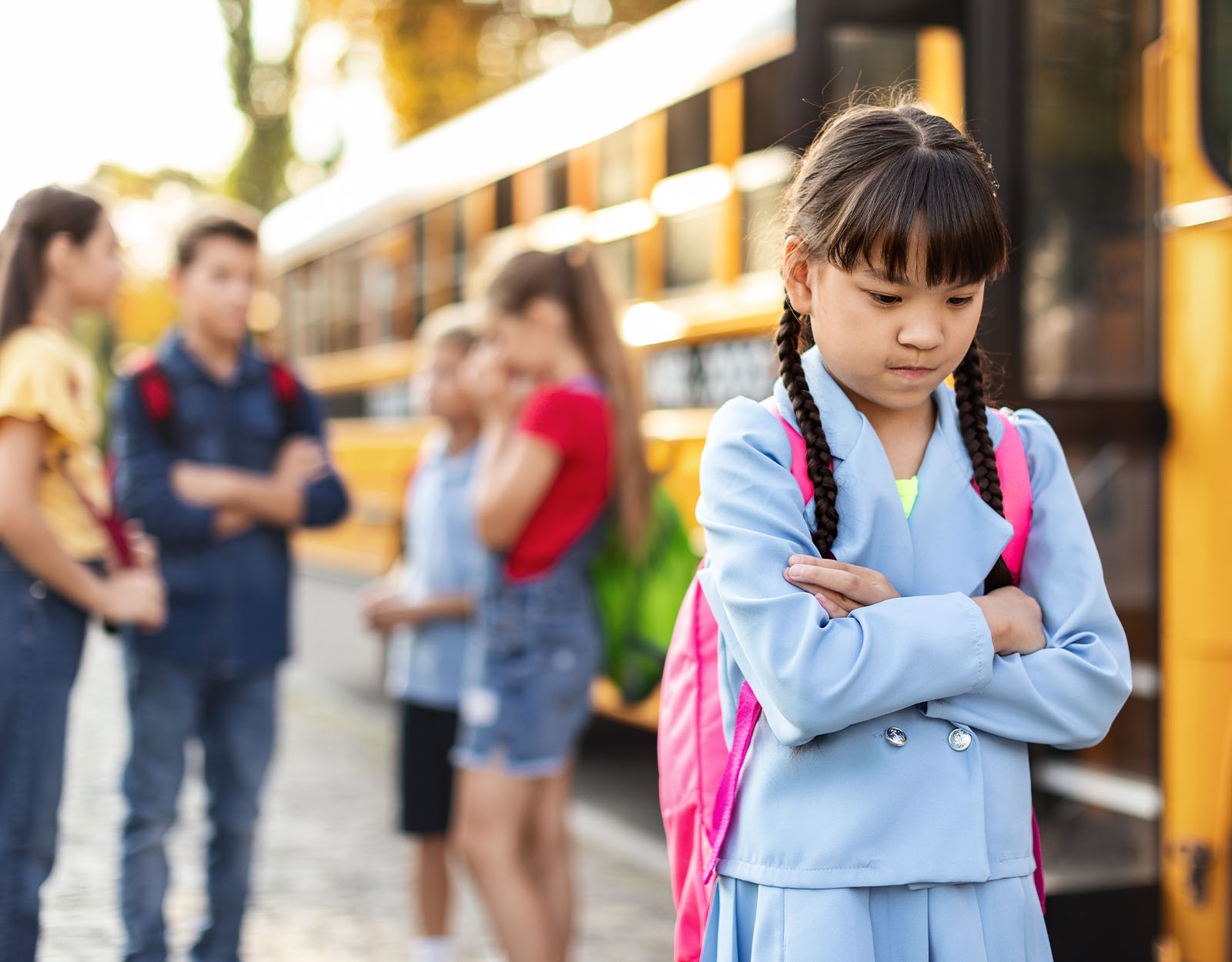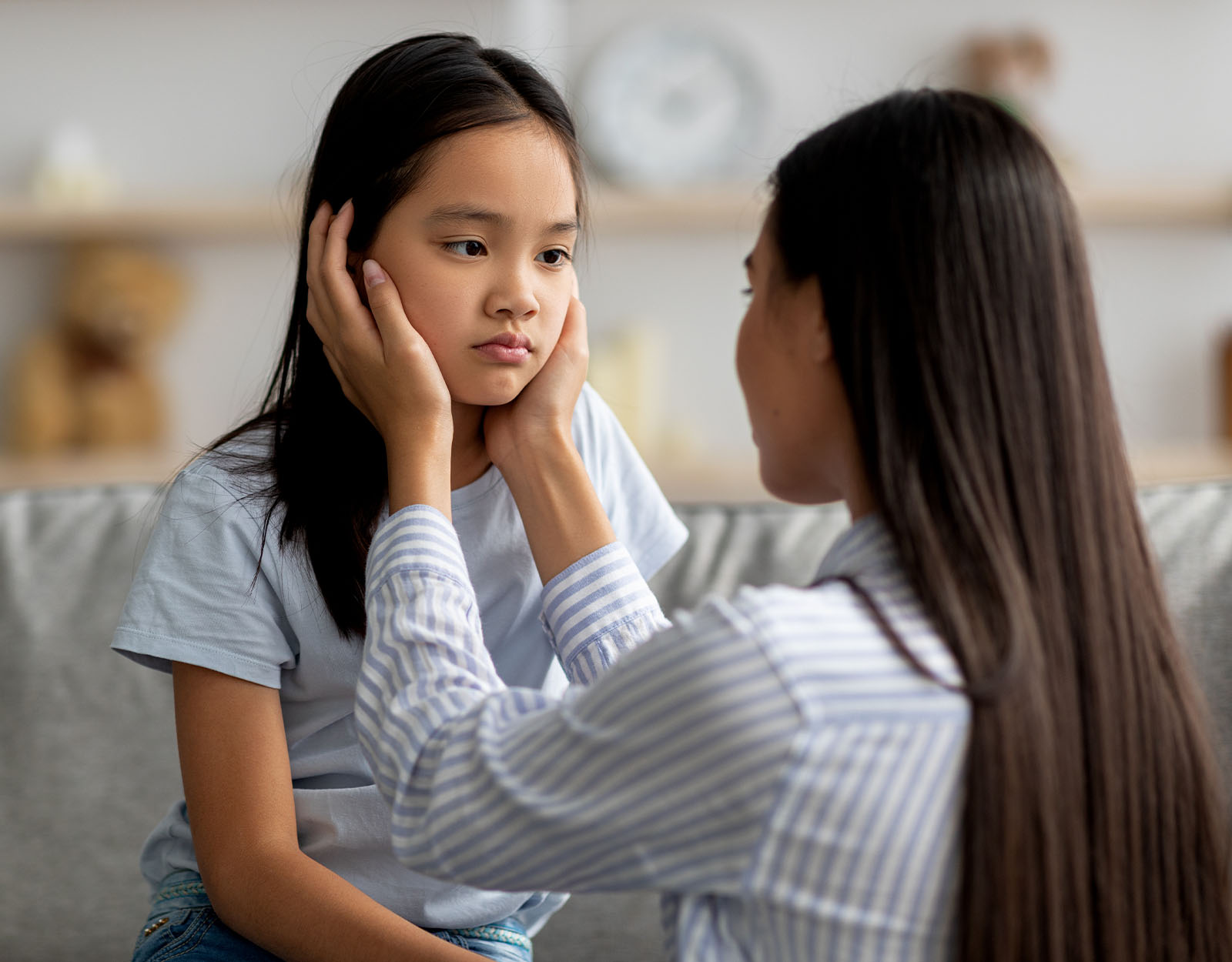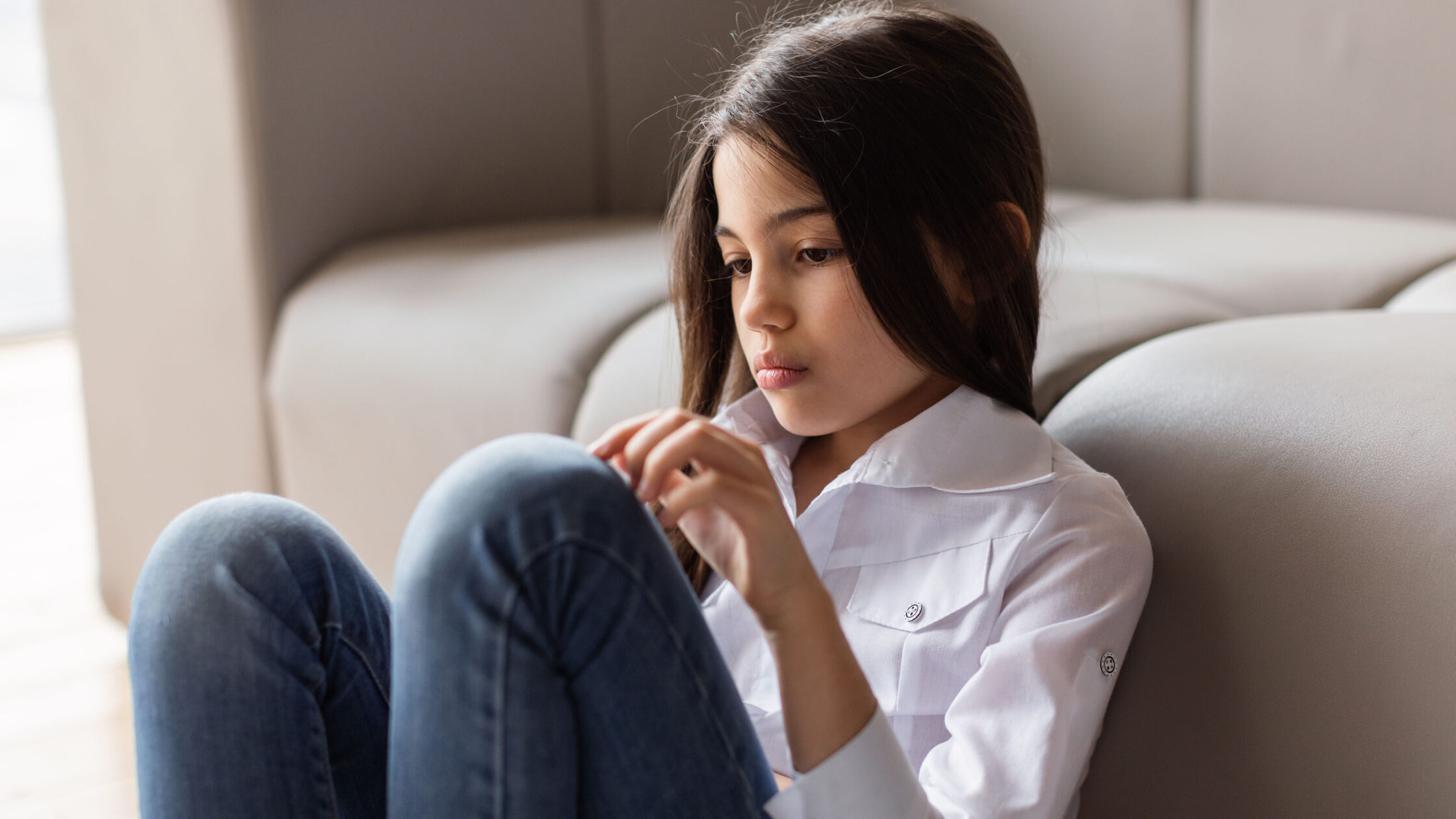Friendship Over: What Can Parents Do When Their Kids Lose Their Best Friends?
Losing a friend is one of the most painful experiences for kids, especially if they’ve been together for so long.
Kids do experience break-ups but not in the romantic sense—rather, it’s from when they lose their best friend. This can hurt them deeply, and even more so emotionally.
While some friendships end over the usual “If you don’t give me this, I won’t be your friend,” others lose their best friends to various causes: time, distance, sickness, and even conflicting beliefs. The first two are still salvageable, but the latter may take a little more navigating. After all, some of these conflicting beliefs are cultural, and many of these are foisted onto them by their parents.
Losing a best friend can be just as painful as a romantic breakup. Here’s how you can help your kids deal with losing their best friend.

1. Settle anything you’re doing before talking to them.
We’re always busy—whether that involves managing the house, the business, or the family. But losing their best friend? That’s when our kids need our 100% attention. House chores can wait—clothes don’t grow legs and run off. As for business calls, you can request to be excused and then call them back afterward.
Our kids need us to be with them in that very moment. And it’s in times like these that our kids will know how much they can rely on us in the long run, especially for things like dating or
2. Just be there. Don’t do anything unless they ask for it.
It may feel weird at first when they ask us to sit and hug them without saying anything, but that’s what it means to be there for them. Shooting suggestions at them—like calling their ex-best friend’s parents, talking things out with their ex-best friend ourselves, or doing something to take their mind off it—will only remind them of the gaping void in their lives: their best friend.
And in worse cases, it can cause our kids to get angry at us. They might even tell us to, “Stop meddling!” or pull away altogether.
Instead, do as we’re told: sit and hug them silently. The silence acknowledges the void and gives our kids the time to process the loss of someone they loved and invested in. There are days when silence offers more comfort than advice. During this turbulent transition, especially when emotions are at an all-time high, your plans of action can wait.
3. Avoid pointing out all the flaws of that ex-best friend.
To comfort our babies, we point out all the flaws their ex-best friend had, likewise reminding them that they’ll be fine without him or her. But doing so hurts them more. Not only does it make them feel that we were jealous of that friend, but it also devalues the time they’ve spent together.
Maybe we’re just trying to make our kids feel better. Or maybe deep inside, we were secretly envious of that ex-best friend. But at some point, we also eventually recognized that he or she has made our kids happy.
Instead, ask them what they think and feel changed in their friendship. Most friendships degrade because of a disconnection. While long-distance degradation may not feel as bad, the ones in conflict do leave lingering negative feelings.
When processing feelings, we can teach our kids that it’s okay to “agree to disagree.” We can also reflect with them if the friendship is still worth saving or truly a non-negotiable.
4. Breathe and close your eyes for a few moments to stop yourself from “reacting” to their meltdown.
Meltdowns are not just for resistance to change. They’re also a sign of overwhelming emotion that kids don’t have the vocabulary to describe. Reacting is different from responding and oftentimes—it’s easy for any stressed-out parent to see meltdowns as an act of defiance.
But their meltdowns or paralysis isn’t because they’re mad at us; it’s because they don’t know how to process what happened or is happening to them. They are melting down in front of us because they’re trying to tell us something and feel safe in letting us see the ugliness of it—screaming, snot-covered faces and all.
When we’re stressed out, we can get overwhelmed by the urge to “protect our babies” or “silence the threats to the house’s peace.” Instead, pause, take a deep breath, and close our eyes for a few seconds. Some parents and psychologists even advise counting backwards to create a solid ground to further calm us down. And when we’re calm enough, we can properly respond to our kids.
5. Support them in a hobby or activity they did by themselves.
Once we finish talking about or processing the loss of their best friend with our kids, they might want to do an activity or hobby that they used to do by themselves. Some of it may involve screen time (e.g. gaming or online window shopping) but we can flex the schedules a bit since this is just one of those “extraordinary times.”
But to maintain a routine, keep the time limit. Doing so also prevents them from stalking their ex-best friend or cyberbullying them out of spite. It also stops them from “doom scrolling”—going through social media and seeing everything that depresses them instead.
Also, you may want to keep them off the Multiplayer-Online Battle Arena (MOBA) games for a while since it can make them spiral even further. Some of these MOBA game titles include League of Legends, Mobile Legends, and Defense of the Ancients 2 (DOTA2), and these games all need them to think straight which, they are not. These games (especially DOTA 2) can take hours to end.

A loss is still a loss, especially when our kids lose their best friends.
The loss of a best friend is like taking our kids’ favorite storybook or novel and shredding it to pieces. It’s the ending of a fun-filled chapter that we can’t put back together. While we as parents wish that we could protect our kids from that kind of loss, it is an inevitable part of life. Losing a best friend can happen to anyone and everyone. And yes, we may even “outgrow our friendships.”
As parents, we know that there are seasons that our own best friends didn’t experience with us. But for our kids who have only experienced a few, losing their best friend can be the longest winter of their lives. It’s silent without their best friend’s laughter, empty without crazy plans to make things fun, and most especially cold and lonely without their “other half.”
When our kids lose their best friend, there’s only so much comfort can give them. As parents, riding out that loss with them is the only thing we can do. Let them know that although they’ve closed the door on their friendship, they can continue their chapter with us. Or even start a new one with another friend!
More about kids, teens, losses, or relationships?
5 Things You Need to Know About Navigating Your Teen’s Dating Life
Little Things That Can Overwhelm Kids and Why
7 Fur Parent Truths That Will Make You Love Your Fur Babies More





